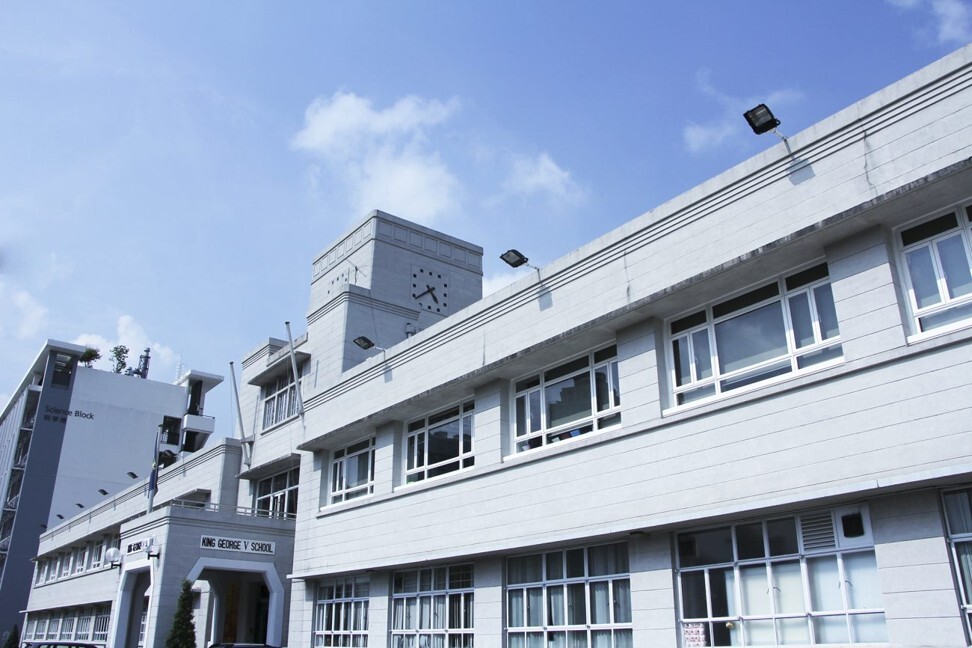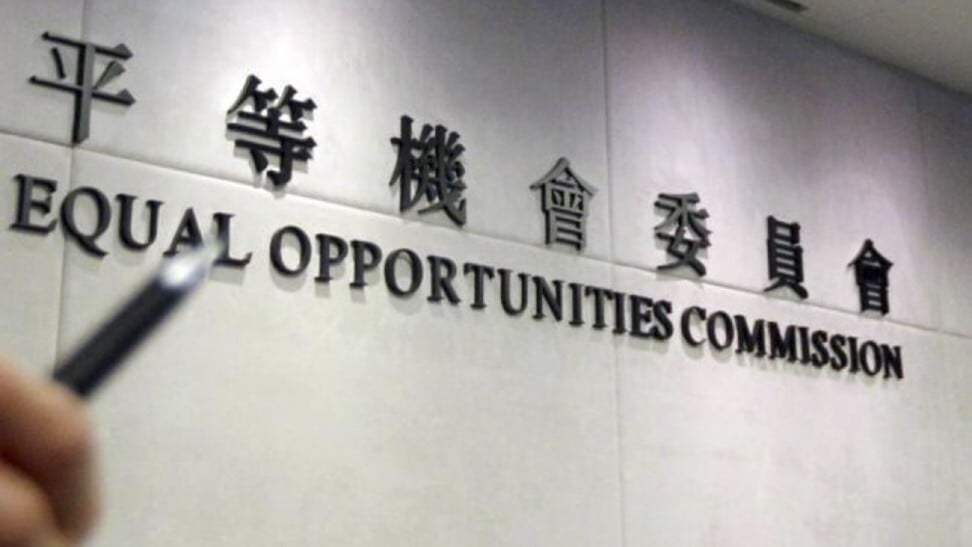
Racism allegations from teachers at Hong Kong’s international schools pose many questions
- Ethnic minority teachers at Hong Kong’s ESF and other international schools say they face promotion barriers and many other forms of discrimination
- The Education Bureau will not provide a breakdown of the ethnicity of teachers at individual schools without an institution’s consent
How many teachers and staff of South and Southeast Asian origin hold senior management positions in English Schools Foundation (ESF) institutions in Hong Kong, given the revenue generated from students of the same ethnicities studying in its 22 schools?
How many Indians are principals or deputy heads in other international schools in the city?
How do these statistics compare with teachers of other nationalities employed in international schools?
More importantly, why aren’t these facts and figures available to the community?
Teachers suggest that discrimination from management towards staff of ethnic minorities has precluded them from rising above middle management positions. They claim that less qualified white teaching staff with less experience are often promoted to positions of responsibility, which carry added pay; and that recruitment and other decisions such as promotion or training are seldom made on the basis of consistent selection criteria.
The ESF has ignored repeated requests to comment and provide statistics.

An Education Bureau spokesperson says there were 3,971 teachers employed in international schools in Hong Kong during the 2019/20 academic year. However, the bureau does not have a breakdown of the ethnicity of teachers in various international schools.
“Figures can only be released at aggregate level, since information of individual international schools cannot be released without consent from the schools concerned,” the spokesperson says.
So here is the conundrum. If students and teachers in international schools perceive being at the receiving end of unequal treatment, but the policies and laws do not support transparency, aren’t we as a society providing avenues for discrimination to be perpetuated?

A human resources professional with 20 years of experience says that although the Equal Opportunities Commission (EOC) was established in 1996 to implement the Race Discrimination Ordinance in Hong Kong, “the scope of their authority is to receive complaints and create awareness”.
While European and American companies may bring their diversity and inclusion policies to their offices in Hong Kong, no such requirements are mandated by Hong Kong labour law.
A spokesperson for the EOC says that it launched the Racial Diversity and Inclusion Charter for Employers in 2018 to help enterprises and schools foster an inclusive work environment and prevent racial discrimination. The charter provides employers with guidelines and best practices.
Unfortunately, international schools are not among the enterprises that have pledged to establish a diverse and inclusive workplace by signing the charter.

Although anecdotal evidence abounds, there is little documented evidence on direct or indirect racial discrimination among teaching staff in our educational institutions. However, providing students with equal access to education is fundamental for achieving equal opportunity in several other critical areas, including employment. Thus, schools and universities have an obligation to model diversity in the staff they recruit and to foster an inclusive learning environment for their students.
Teachers allege that discrimination in schools takes many forms. It includes unreasonable timetables, poor support from colleagues during collaboration on research and projects integrated across departments, and microaggressions in the staff room.
South and Southeast Asians are also discriminated against at tutorial centres, where teaching qualifications are not mandatory. An Indian chemical engineering major speaks of being refused work despite having higher qualifications than candidates subsequently employed, because he was not a “native English speaker”.
One tutorial centre, which has campuses in Kowloon and Causeway Bay, attests to this on its website: “Our staff comes from all parts of the globe, including the US, UK, Europe and China.”
Hong Kong’s private, international schools told to justify extra charges
A Filipino, born in Hong Kong and educated at local international schools, received only a “handful of invitations” for interviews despite sending out hundreds of applications. The centre she was employed to teach at “prided itself on being one of the few that hired teachers on their ability and accents as native English speakers, rather than the blond hair and blue eyed criteria that a lot of centres seem to have”.
However, she was not allowed to speak to students’ helpers or on the phone in Tagalog, and was instructed to tell parents she was South African to explain her brown skin. Due to this “confusing and demeaning experience” she is no longer in education, but still gets requests from former colleagues “to recommend white teachers”.
As the HR professional says: “All of us have a responsibility to have a dialogue on race, gender, age and unconscious bias.”
Anjali Hazari is a retired international school biology educator who has taught for three decades in Hong Kong and has received several accolades in her teaching career. She continues to tutor and write extensively on education policy and practice.

